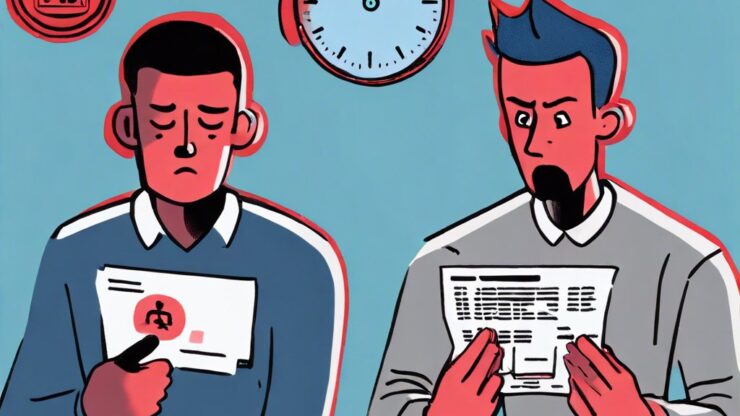When it comes to managing your finances and maintaining a healthy credit score, understanding the difference between missed payments and late payments is crucial. Both scenarios can significantly affect your creditworthiness, but the nuances between them can lead to different implications for your financial future. This article dives into the critical distinctions between these two types of payment issues and their impacts on your credit score.
Missed payments occur when a payment is not made by the due date, resulting in a total omission from your financial obligations. On the other hand, a late payment signifies that a payment was made, but it was submitted after the due date. While both scenarios are unfavorable, their impact on your credit score can vary based on timing and frequency.
Understanding how these delinquencies affect your credit score can empower you to take proactive steps in safeguarding your financial health. Here’s a breakdown of how missed and late payments influence your credit score:
- Missed Payments: A missed payment can be reported to credit bureaus after 30 days of non-payment. This can cause a significant drop in your credit score, sometimes by as much as 100 points.
- Late Payments: A late payment is typically reported once it surpasses 30 days late. While less severe than a missed payment, it still poses a risk, potentially reducing your score by 30 to 50 points.
- Frequency Matters: The more frequent the missed or late payments, the greater the negative impact on your credit score. A habitual pattern can signal financial distress to lenders.
While dealing with missed and late payments can be daunting, strategies are available to mitigate their impact on your credit score. Here are some effective approaches to ensure your financial standing remains intact:
- Automatic Payments: Set up automatic payments for bills to avoid the risk of missing due dates.
- Payment Reminders: Utilize reminders or calendar alerts to stay ahead of payment deadlines.
- Communication with Creditors: If you anticipate a missed payment, reaching out to your creditor can often lead to solutions or grace periods.
- Credit Counseling: If you’re struggling with multiple payments, consider seeking advice from a credit counselor to help manage your debts.
By implementing these strategies, you can protect your credit score and pave the way for a more secure financial future.
Disclaimer
This article has been created or edited with the support of artificial intelligence and is for informational purposes only. The information provided should not be considered investment advice. Please seek the support of a professional advisor before making any investment decisions.






